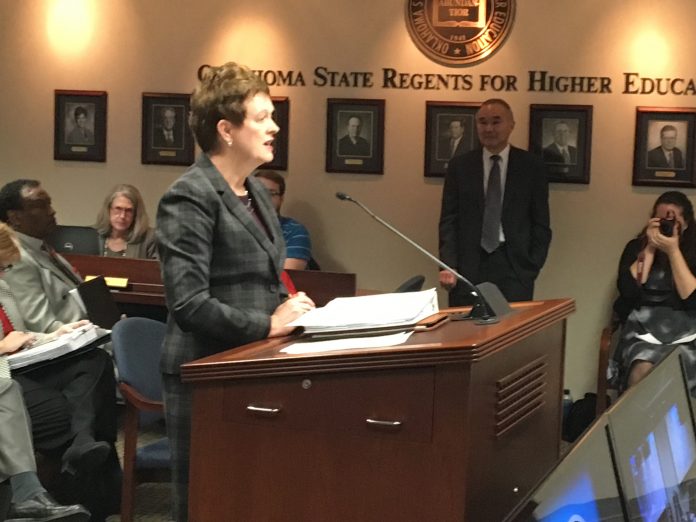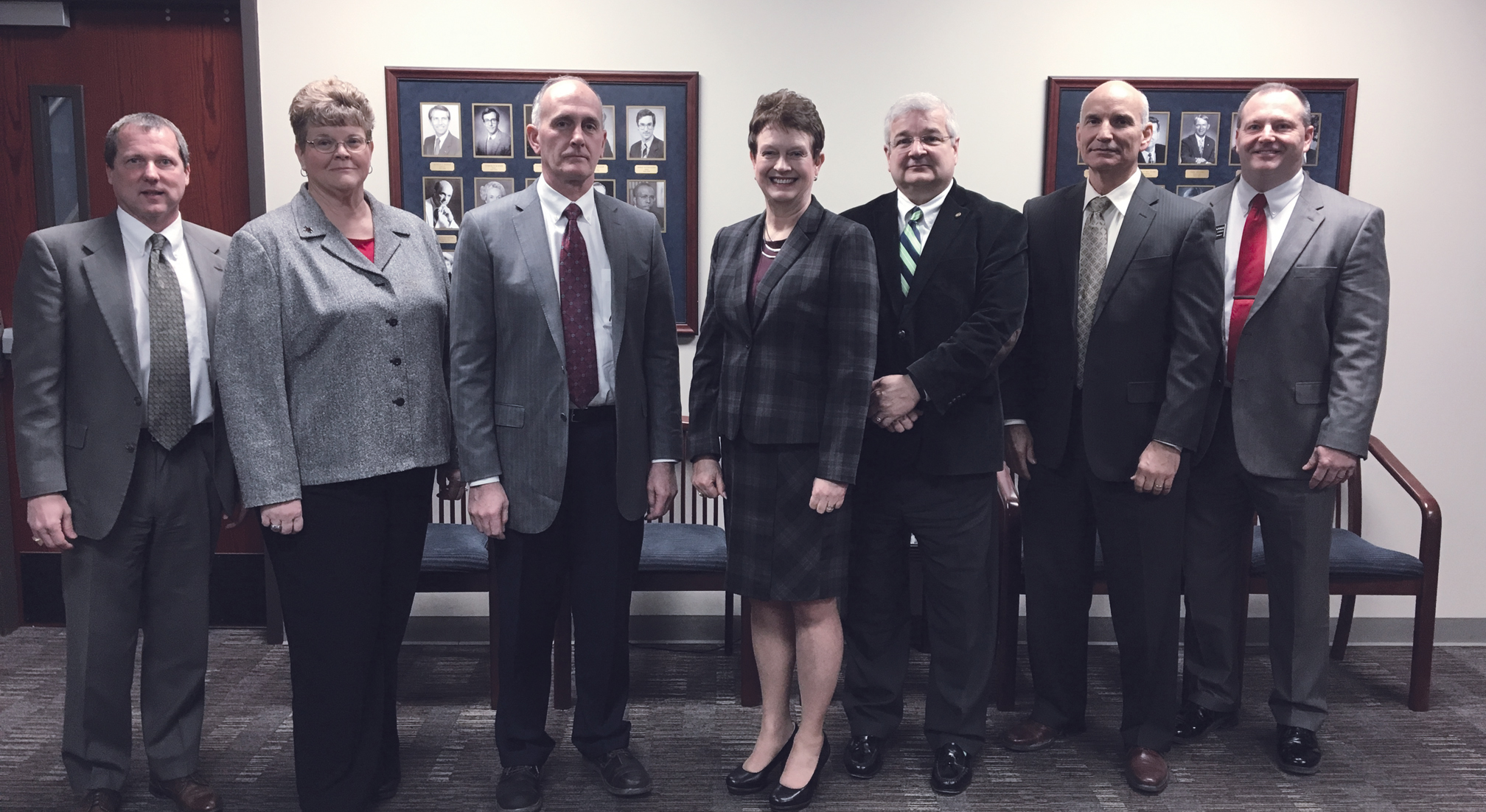
A Doctor of Nursing Practice

For the first time in its 119 year history, Northwestern Oklahoma State University will offer a doctoral program, and its impact upon the health of rural Oklahomans could be dramatic.
The Oklahoma State Regents for Higher Education today granted approval for Northwestern to offer a Doctor of Nursing Practice degree that will allow nurses with a Bachelor of Science degree in nursing (BSN) to become nurse practitioners (DNP). Northwestern will be only the second public university in Oklahoma to offer a DNP program and the only public university in Oklahoma to offer the BSN – to- DNP option.
The program will feature an emphasis on health care in rural areas with a role emphasis on the Family Nurse Practitioner and is expected to enroll its first class in the fall semester of 2017. Candidates for the program will be RNs who have completed their BSNs and wish to pursue the Family Nurse Practitioner role. Graduates will be eligible for certification as FNPs and APRN licensure. Master’s -prepared family nurse practitioners will also be eligible to enter the program as DNP degree completion students.
“This is truly a landmark day for Northwestern as we take a significant step in the growth of our academic programs,” Dr. Janet Cunningham, university president, said. “We are excited about being able to offer our first doctoral program, especially a DNP program that will expand access to primary care providers in all parts of the state, particularly rural Oklahoma.”
“I congratulate Northwestern Oklahoma State University and President Janet Cunningham on the State Regents’ approval to offer the Doctor of Nursing Practice in Advance Nursing Practice,” said higher education Chancellor Glen D. Johnson. “This new doctoral program and the excellent partnerships Northwestern has developed with regional healthcare providers will address unmet healthcare needs in under-served areas of our state.”
Fifty-five of Oklahoma’s 77 counties are designated as federal shortage areas for primary health care professionals with this shortage especially severe in the rural areas. Rural counties have a significantly lower rate of primary care providers per resident, and the shortage of primary care providers plays a large role in the poorer health outcomes of rural residents. In some counties in northwest Oklahoma, there are more than 3,000 residents for each primary care provider. The demand for primary care is projected to increase over the next five years, largely due to population growth and aging, and to a smaller extent, expanded health insurance coverage. The U.S. Bureau of Labor Statistics expects the demand for nurse practitioners to grow approximately 19 percent by 2020, well above the national average. The median salary for a nurse practitioner is $96,018 with double digit salary growth expected in the next four years.
“As a regional university, Northwestern has an obligation to improve the quality of life for northwest Oklahoma,” Cunningham said. “Providing additional primary care providers to serve small hospitals and clinics will help satisfy a critical need and in turn help protect rural Oklahoma.”
The DNP program will be a three-year program consisting of 73 credit hours and will feature an online component with a required summer residency program. More than 1,000 clinical hours will be a part of the program.
“The program was designed to combine very high academic standards with the flexibility to accommodate the schedule demands of working nurses,” Dr. Bo Hannaford, dean of the School of Professional Studies, said. “When you combine the convenience of online learning with the affordable tuition costs of Northwestern, you have a program that will be highly marketable.”
Initial funding for the program is being provided by the Charles Morton Share Trust of Alva. The Share Trust will provide funding for the next five years to create an endowment and assist with the immediate costs of starting the program. Plans call for Northwestern to employ a program director, two additional nursing faculty members, and an administrative assistant over the next three years.
“We thank the members of the Share Trust for their continued support of and confidence in Northwestern,” Cunningham said. “The members are committed to a strong community and a strong Northwestern. Their investment in this program delivers on both.”












